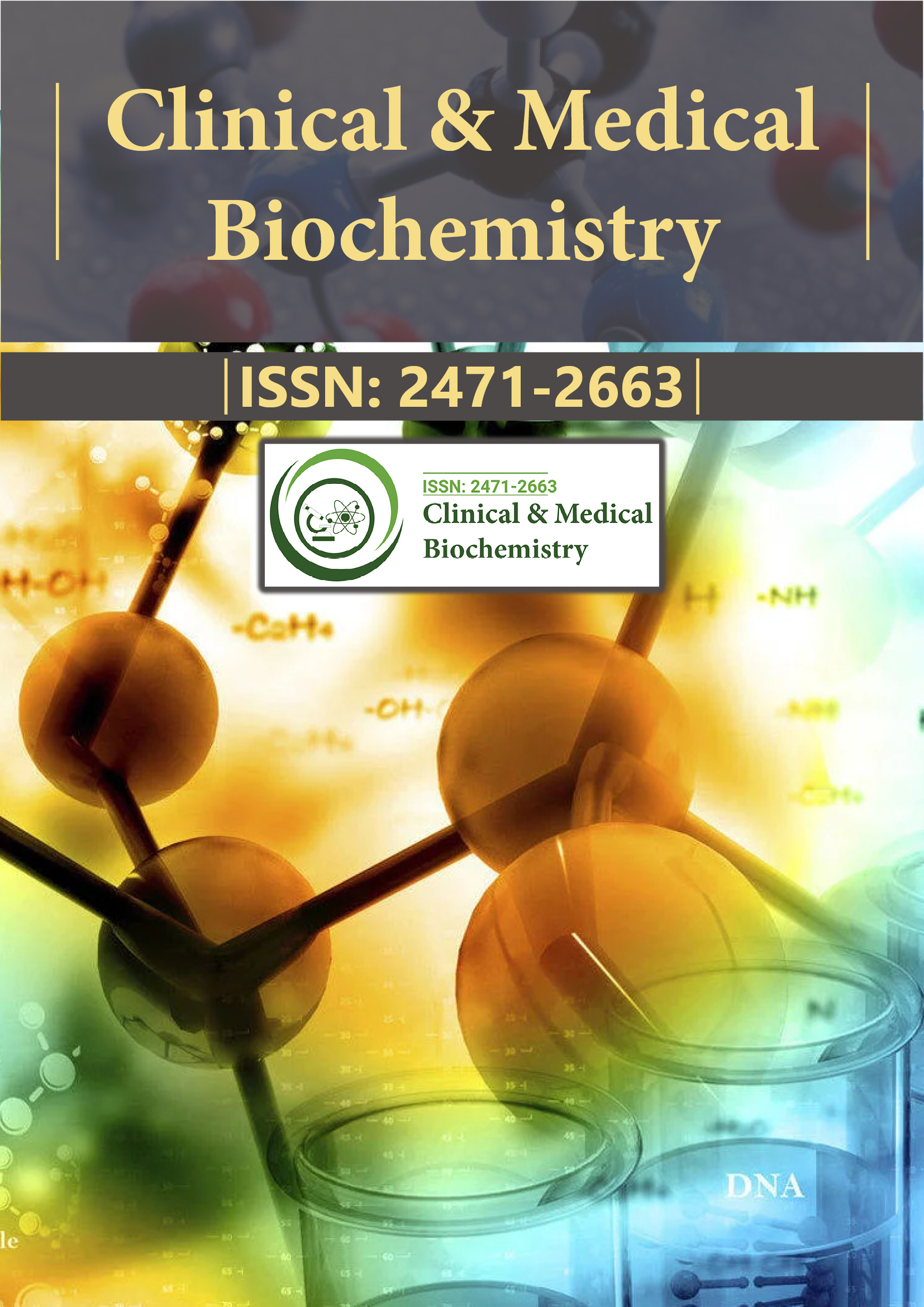Indexé dans
- RechercheRef
- Répertoire d'indexation des revues de recherche (DRJI)
- Université Hamdard
- EBSCO AZ
- OCLC - WorldCat
- érudit
- Publions
- Pub européen
- Google Scholar
Liens utiles
Partager cette page
Dépliant de journal

Revues en libre accès
- Agriculture et aquaculture
- Alimentation et nutrition
- Biochimie
- Bioinformatique et biologie des systèmes
- Business & Management
- Chimie
- Génétique et biologie moléculaire
- Immunologie & Microbiologie
- Ingénierie
- La science des matériaux
- Neurosciences & Psychologie
- Science générale
- Sciences cliniques
- Sciences environnementales
- Sciences médicales
- Sciences pharmaceutiques
- Sciences vétérinaires
- Soins infirmiers et soins de santé
Abstrait
Évaluation de l'Ox-LDL et de la superoxyde dismutase extracellulaire chez les patients atteints du virus de l'hépatite C avant et après un traitement antiviral à action directe
Abou-El-Makarem MM, El-Nokaly AA, Mohamed SF, Mohammed IH, Ibrahim AM
Le cycle de vie du virus de l'hépatite C (VHC) est étroitement lié au métabolisme lipidique des cellules hôtes, depuis l'entrée dans la cellule, en passant par
la réplication de l'ARN viral jusqu'à la production et la formation/l'assemblage de particules virales.
Objectif : Déterminer les taux sériques d'ox-LDL, de capacité antioxydante totale et de superoxyde dismutase, et
estimer leur rôle chez les patients atteints d'hépatite VHC. De plus, l'effet d'un traitement antiviral à action directe sur leurs taux
a été évalué.
Méthodes : Cette étude a porté sur quarante patients atteints d'hépatite C chronique (génotype 4). Des échantillons de sang ont été prélevés sur les
patients avant et après la prise de sofosbuvir (400 mg) et de daclatsvir 60 mg ; une fois par jour par voie orale pendant 24 semaines.
Quarante volontaires ont été utilisés comme groupe témoin.
Résultats :
Capacité antioxydante totale (TAC)
La TAC sérique chez les patients atteints d'hépatite VHC chronique était significativement faible 1,21 ± 0,28 mmol/litre avant le traitement par
rapport au groupe témoin (1,61 ± 0,26 mmol/litre).
Ox-LDL
Les taux sériques d'ox-LDL étaient significativement élevés chez les patients avant (70,21 ± 10,59 μg/L) traitement et après
traitement (68,48 ± 9,12 μg/L) par rapport au groupe témoin (58,64 ± 6,44 μg/L). Les suppléments d'antioxydants
et les médicaments antiviraux directs n'ont pas eu d'effet significatif sur les taux d'ox-LDL. Superoxyde dismutase (SOD)
Les taux sériques de SOD extracellulaire étaient significativement plus élevés dans le groupe témoin (15,03 ± 4,14 U/ml) que les taux chez
les patients atteints du VHC avant le traitement (8,6 ± 1,1 U/ml) et après le traitement (10,33 ± 1,6 U/ml). Le traitement n'a pas rétabli les
taux de SOD sérique chez les patients.
PCR quantitative du VHC
Les agents antiviraux à action directe ont eu une réponse virologique soutenue dans le groupe de patients choisi.
Conclusion : Les agents antiviraux à action directe n'ont pas normalisé les taux sériques d'ox-LDL et de SOD extracellulaire. De
plus, les antioxydants actuellement utilisés n'ont pas diminué les changements oxydatifs des LDL. De nouveaux antioxydants ainsi que
des inducteurs d'enzymes SOD pourraient être utiles pour prévenir la formation d'ox-LDL (pris le plus tôt possible) et
pourraient être utiles dans le traitement de l'hépatite HCV.